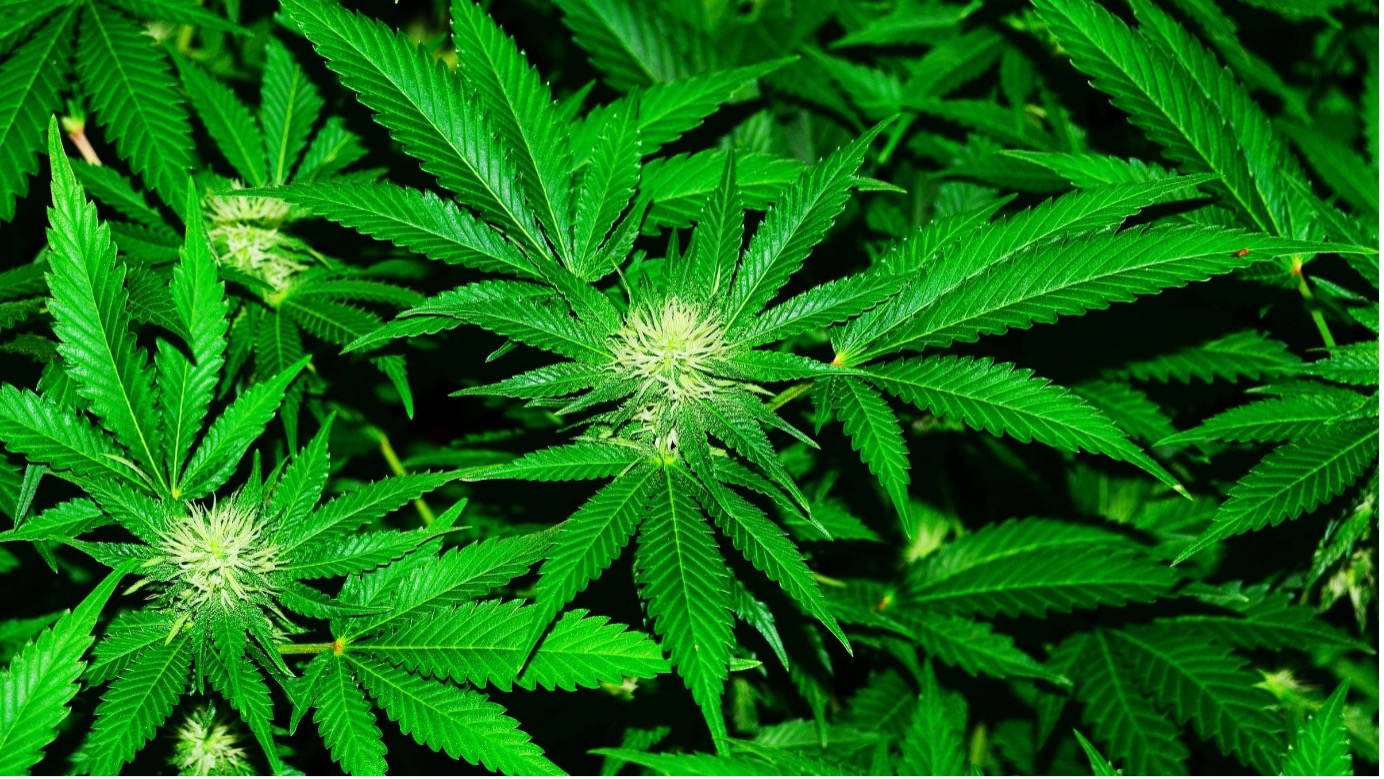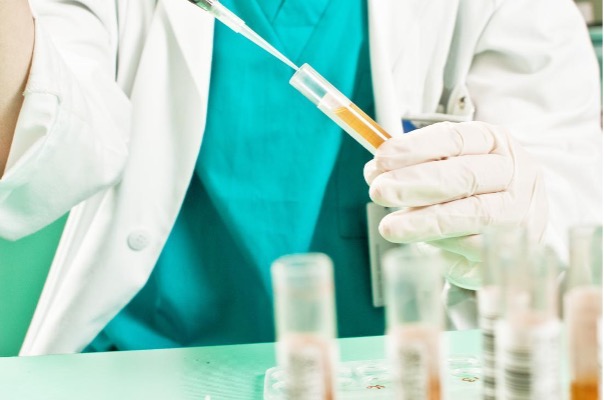CJC-F, CJC-F Announcements
Cannabis – Heal or Harm

Source: https://www.wired.com/story/dark-web-cannabis-sales-surged-pandemic/
What is Cannabis?
“Cannabis is the single most versatile herbal remedy, and the most useful plant on Earth. No other single plant contains as wide a range of medically active herbal constituents,” said Dr Ethan Russo, Director of Research and Development for the International Cannabis and Cannabinoids Institute (ICCI). However, despite medical researchers claiming the positive uses of Cannabis, it is ironic that the most dangerous thing about Cannabis is getting caught with it.
Cannabis refers to a group of three plants with psychoactive properties – Cannabis sativa, Cannabis indica and Cannabis ruderalis. More commonly known as marijuana, weed and pot, when the flowers of these plants are harvested and dried, they can be used for recreational and medical purposes. Cannabis can usually be grown outdoors, either on natural soil or in pots of pre-made or commercial soil. Some strains perform better than others in outdoor settings, but generally, the plant needs a fertile soil and long hours of daylight to cultivate. In most places of the sub-tropics, cannabis is germinated from late spring to early summer and harvested from late summer to early autumn.
Source: https://www.epidiolex.com/
The effects of Cannabis
As previously mentioned, there have been multiple medical research studies showcasing the positive uses of Cannabis. In fact, as of May 2019, at least 33 out of 50 states in the U.S. have legalised cannabis for medical use. The two main cannabinoids from the Cannabis plant that are of medical interest are Tetrahydrocannabinol (THC) and Cannabidiol (CBD). THC can increase appetite, reduce nausea, decrease pain and inflammation, while CBD can control epileptic seizures and even possibly treating mental illnesses. Acknowledging the medical use of Cannabis, the U.S Food and Drug Administration (FDA) has approved cannabidiol (CBD) based pharmaceuticals, like Epidiolex, for the treatment of specific rare, severe forms of epilepsy (Lennox-Gastaut Syndrome or Dravet Syndrome) in patients one year of age and older. The FDA has also approved products like Marinol and Syndros for therapeutic uses in the U.S for the treatment of anorexia associated with weight loss in Acquired Immunodeficiency Syndrome (AIDS) patients.
However, the use of Cannabis can have a range of effects. Some are indeed beneficial, as mentioned above, but others are more concerning and problematic. The list of negative side effects of Cannabis may include increased heart rate, decreased blood pressure, coordination issues, lethargy, and anxiety. These effects can vary based on the method of consumption as well as the types of strains used. For example, certain effects of Cannabis can be felt within minutes of smoking, whereas effects from orally ingesting Cannabis in a capsule may take hours to take place. In addition, the different types of Cannabis strains, for example, Acapulco Gold and Purple Kush, can also result in different effects.

Source: https://www.medicalnewstoday.com/articles/324315#how-to-get-marijuana-out-of-the-body-faster
The detection of Cannabis
The use of Cannabis is highly detectable; the drug can be detected by urine, hair, and blood analysis for days or weeks after consumption. Urine tests can detect the product in urine for approximately 3-30 days after use, while hair tests (being the most sensitive test) can detect the use of Cannabis for up to 90 days after use. Blood tests, on the other hand, can usually only detect the use of the product for three to four hours after use. The detection windows also vary and depend on how often the person uses Cannabis. For example, the detection window for urine test of someone smoking marijuana for the first time can be about three days, whereas for someone who smokes marijuana three to four times a week, the detection window can be about five to seven days.
The legal aspect of Cannabis
In Singapore, the use of Cannabis is illegal under the Misuse of Drugs Act. Section 17 of the Misuse of Drugs Act lists the threshold amounts of controlled drugs (as shown below) beyond which, the person who carries them shall be presumed to possess them for the purpose of drug trafficking unless proven otherwise.

Additionally, Section 31 allows officers to demand urine analysis of suspected drug offenders while Section 8A prohibits any citizen or permanent resident of Singapore to use any prohibited drug outside of the country.
A prominent case in Singapore involves a 22-year-old who was charged for the trafficking and possession of at least 499.99g of Cannabis. Fresh out of reformative training for drug consumption and trafficking, Mr Muhammad Shahrukh Khan Mohamed Rosli slipped back into his old ways in 2019. He was helping a man, identified as Ah Bang, to repack and deliver Cannabis. Additionally, he also sold Cannabis to his own clients, usually at about SGD200 for 50g. Under the Misuse of Drugs Act, those convicted of trafficking more than 500g of cannabis face the mandatory death penalty. Shahrukh pleaded guilty to two reduced charges each of trafficking and possessing at least 499.99g of cannabis and was eventually sentenced to 27 years’ jail and the maximum 24 strokes of the cane in the High Court on 24 August 2020.
The debate over the safety of Cannabis
Despite the legalisation of certain Cannabis-based drugs in countries like the U.S for medical use, it is curious as to why Singapore’s stance on “Medical Cannabis” is still never changing. In February 2019, the Ministry of Home Affairs and the Ministry of Health issued a joint statement about the Singapore Government’s position on the use of pharmaceutical products containing Cannabinoids. It was said that evidence indicated that raw cannabis is harmful and addictive and there are no studies validating its use to treat medical conditions. Additionally, Cannabinoid pharmaceuticals that may have medical value still needs to be reviewed by the Health Sciences Authority (HSA). However, progress regarding the medical use of Cannabis in Singapore was seen in December that very year. A young girl afflicted with refractory epilepsy was the first and only one given approval by multiple authorities in Singapore for the usage of a Cannabis-based drug, Epidiolex. The girl had exhausted all registered medications and failed to respond to multiple therapies. Her doctor then made the recommendation for the Cannabis-drug to be used and approval by four government organisations in Singapore was eventually given. As such, research about the medical use of Cannabis is constantly being done in Singapore and change can be expected in years to come.
*The views and opinions expressed in this article do not constitute legal advice and solely belong to the author and do not reflect the opinions and beliefs of the NUS Criminal Justice Club or its affiliates.
References
Holland, K. (2020, July 23). A Quick Take on Cannabis and Its Effects. Retrieved February 22, 2021, from https://www.healthline.com/health/what-is-cannabis#Whats-the-definition-of-cannabis?
Cannabis cultivation. (2021, February 19). Retrieved February 22, 2021, from https://en.wikipedia.org/wiki/Cannabis_cultivation
Understanding “medical cannabis”. (n.d.). Retrieved February 22, 2021, from https://www.cnb.gov.sg/educational-resources/myths-and-facts-about-drugs/cannabis/understanding-medical-cannabis
Commissioner, O. (n.d.). FDA regulation of cannabis and Cannabis-Derived Products: Q&A. Retrieved February 22, 2021, from https://www.fda.gov/news-events/public-health-focus/fda-regulation-cannabis-and-cannabis-derived-products-including-cannabidiol-cbd
Cannabis drug testing. (2021, February 14). Retrieved February 22, 2021, from https://en.wikipedia.org/wiki/Cannabis_drug_testing#:~:text=Cannabis%20use%20is%20highly%20detectable,tests%20for%20days%20or%20weeks.
How long does marijuana stay in your system? Blood, urine, and hair. (n.d.). Retrieved February 22, 2021, from https://www.medicalnewstoday.com/articles/324315#how-to-get-marijuana-out-of-the-body-faster
Search within legislation. (n.d.). Retrieved February 22, 2021, from https://sso.agc.gov.sg/Act/MDA1973
Misuse of Drugs ACT (SINGAPORE). (2021, January 22). Retrieved February 22, 2021, from https://en.wikipedia.org/wiki/Misuse_of_Drugs_Act_(Singapore)
22-Year-Old who TRAFFICKED cannabis gets 27 YEARS’ jail, CANING after prosecution lowers capital charge. (n.d.). Retrieved February 22, 2021, from https://www.todayonline.com/singapore/22-year-old-who-trafficked-cannabis-gets-27-years-jail-caning-after-prosecution-lowers
AUTHORS’ BIOGRAPHY
 Leona Ang Qiao En is a Year 3 undergraduate from the Faculty of Science (NUS). She is currently pursuing a Bachelor’s (Hons) degree in Data Science and Analytics with a minor in Forensic Science. She is also one of the managers of the mini-project titled “Cyber-forensics & Cyber-security”. She has a keen interest in areas such as forensic science as well as crime scene investigations. In terms of leisure activites, Leona enjoys activities such as dancing in order to stay active.
Leona Ang Qiao En is a Year 3 undergraduate from the Faculty of Science (NUS). She is currently pursuing a Bachelor’s (Hons) degree in Data Science and Analytics with a minor in Forensic Science. She is also one of the managers of the mini-project titled “Cyber-forensics & Cyber-security”. She has a keen interest in areas such as forensic science as well as crime scene investigations. In terms of leisure activites, Leona enjoys activities such as dancing in order to stay active.

Muhammad Khairul Fikri is a Year 3 undergraduate from the Faculty of Arts and Social Sciences. Khai is one of the Project Managers of “Drugs & Forensics”. He is pursuing a Major in Geography and two Minors; Forensic Science and Geographical Information Systems. He is interested in the applications of technology, particularly geospatial technologies, in forensic science and crime scene investigations.








